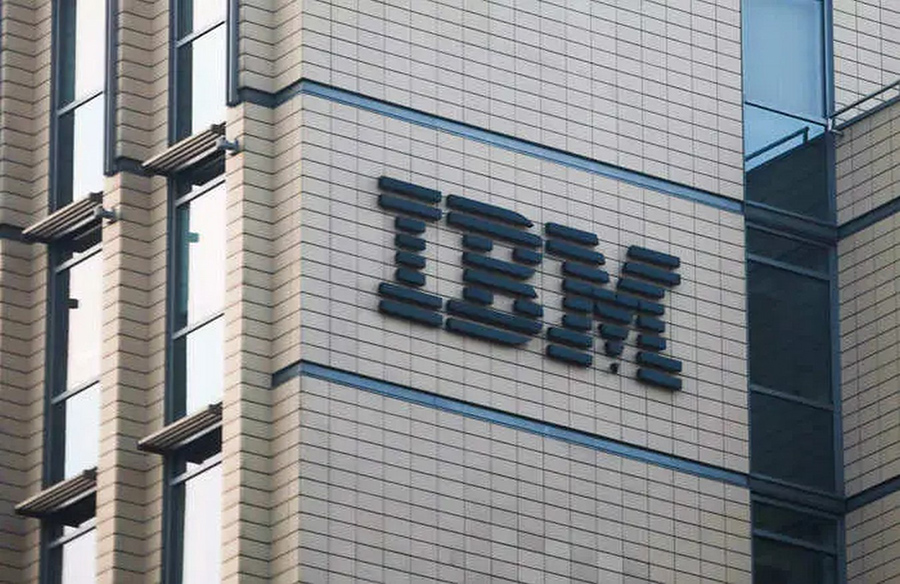The cloud computing industry is undergoing a significant transformation, dividing into two distinct segments that reflect contrasting market dynamics. On one hand, there’s the promising realm of the “AI Cloud” future, marked by the integration of advanced technologies such as Nvidia GPUs and large language models. This sector is witnessing a surge in interest among investors, driven by the potential for innovative generative AI services delivered via the internet. Leading the charge in this arena is Microsoft, leveraging partnerships with entities like OpenAI to establish dominance. Google Cloud is also making strides in this space, albeit with fierce competition.
The AI Cloud Frontier
In the realm of the AI Cloud, groundbreaking advancements are reshaping the landscape of cloud computing. Nvidia’s GPUs and cutting-edge language models serve as the cornerstone for next-generation AI services, catering to a diverse range of applications and industries. Microsoft’s Azure platform stands at the forefront, showcasing impressive growth fueled by AI workloads. This shift towards AI-centric cloud solutions signifies a paradigm shift, emphasizing the importance of innovation and adaptability in the digital era.
The Legacy Cloud Landscape
Contrasting the excitement surrounding the AI Cloud, the traditional “Cloud 1.0” market, characterized by CPUs and conventional server infrastructure, is experiencing a relative slowdown in investor interest. Amazon Web Services (AWS) has long dominated this sector, establishing itself as the market leader over the past decade. However, concerns have emerged regarding the growth trajectory of non-AI cloud workloads, prompting analysts to reassess the market landscape.
Microsoft’s recent earnings report has sparked apprehension among industry observers, particularly regarding the performance of Cloud 1.0 services. While Azure’s overall revenue exhibited robust growth, a significant portion of this expansion can be attributed to new AI workloads. The implication is that the growth rate of traditional cloud services may be decelerating, raising questions about the broader cloud computing market’s health.
Market Analysis and Investor Sentiment
Analysts and investors alike are closely monitoring the evolving dynamics of the cloud computing sector, particularly in light of Microsoft’s earnings revelations. Concerns have been raised regarding the sustainability of cloud computing expenditure, with a focus on the strength of broader cloud adoption beyond AI-driven initiatives. As Amazon prepares to report its earnings, expectations are tempered, with projections suggesting moderate growth for AWS in the coming quarters.
The impending AWS earnings announcement has prompted speculation about the company’s future growth trajectory. With Microsoft gaining ground and AI-driven solutions gaining prominence, investors are reevaluating their expectations for AWS’s performance. The shift towards a more conservative growth outlook underscores the competitive pressures and evolving market dynamics shaping the cloud computing landscape.
In conclusion, the cloud computing industry is undergoing a profound transformation, with the emergence of the AI Cloud challenging traditional paradigms. While AI-driven innovations offer unprecedented opportunities for growth and disruption, the legacy Cloud 1.0 market faces scrutiny amid concerns about its long-term viability. As industry players navigate these shifts, strategic agility and innovation will be essential for maintaining competitive advantage in a rapidly evolving digital landscape.









